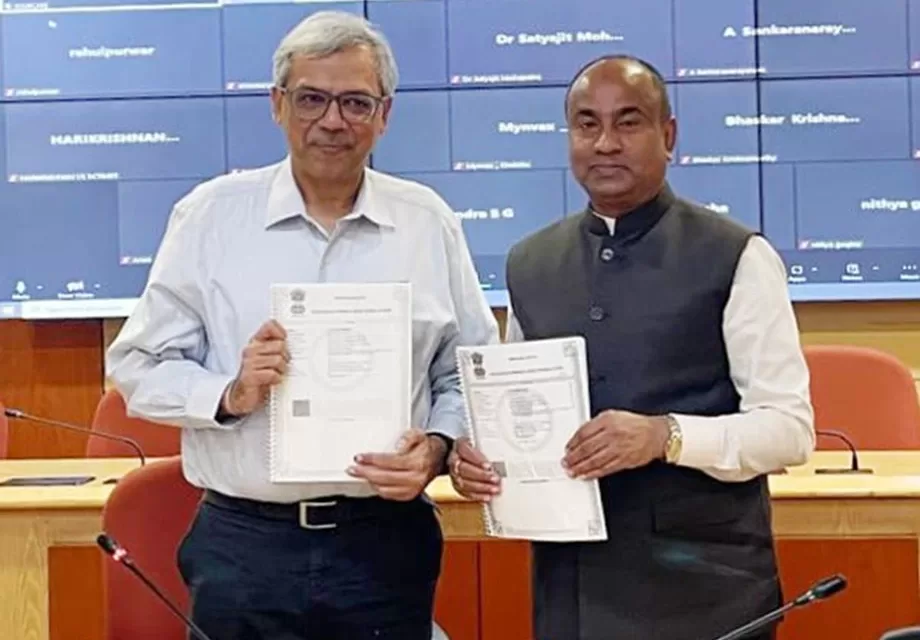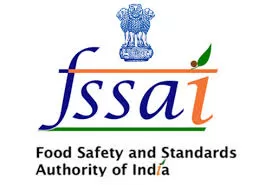In a significant move to combat emerging infectious diseases, Indian Immunologicals Limited (IIL) has announced a partnership with the Indian Council of Medical Research (ICMR) to develop a Zika vaccine. This collaboration, formalized through a Memorandum of Association (MoA), marks a crucial step in India’s efforts to enhance its self-reliance in vaccine development, aligning with the nation’s vision of Atmanirbhar Bharat (self-reliant India).
Under the terms of the MoA, ICMR will fund and oversee the Phase I clinical trials for the vaccine at its specialized network sites across the country. These sites, located in major cities such as Mumbai, Chennai, and Chandigarh, will provide a robust infrastructure for conducting these trials. This initiative reflects the growing capacity of Indian research institutions to support the clinical development of vaccines that address pressing public health threats.
Dr. K Anand Kumar, Managing Director of IIL, praised the collaboration, stating, “It is a great moment for IIL to collaborate with ICMR to develop the Zika vaccine. IIL has been the single largest contributor to India achieving self-sufficiency in the field of vaccines.” He emphasized the importance of creating affordable, safe, and effective vaccines to meet the growing challenges posed by emerging infectious diseases.
ICMR’s Director-General, Dr. Rajiv Bahl, highlighted the significance of the partnership in the context of India’s broader public health goals. “This collaboration is a major milestone towards achieving Viksit Bharat (developed India) and underscores ICMR’s commitment to fostering innovation and self-reliance in vaccine development. Our Phase I trial network is fully capable of supporting Indian innovators in their quest to develop groundbreaking vaccines.”
The Zika vaccine in development is not IIL’s first foray into the fight against emerging viral diseases. Dr. Priyabrata Pattnaik, Deputy Managing Director of IIL, underscored the company’s commitment to addressing the global threat of viral outbreaks, mentioning that IIL is currently working on vaccines for a range of other diseases, including Kyasanur Forest Disease (KFD), Chikungunya, and SARS-CoV-2. The Zika vaccine, developed in collaboration with Griffith University in Australia, has already undergone extensive pre-clinical evaluations, positioning it as a promising candidate for clinical trials.
Zika is a mosquito-borne virus primarily transmitted by Aedes mosquitoes, which are also responsible for spreading dengue and chikungunya. While most Zika infections cause mild symptoms, the virus poses a serious risk to pregnant women, as it can result in birth defects, including microcephaly. India has already reported a number of Zika outbreaks, with over 500 confirmed cases in various states as of July 2024.
Currently, there is no approved vaccine to prevent Zika virus infections, making this collaboration between IIL and ICMR a vital step in addressing a critical gap in global public health preparedness. By leveraging domestic expertise and infrastructure, India is positioning itself as a leader in vaccine innovation, with the potential to contribute not only to national health security but also to the global fight against Zika and other emerging threats.
This partnership underscores the importance of public-private collaborations in driving innovation and achieving healthcare milestones, as India continues to strengthen its scientific and technological capabilities in vaccine development.












